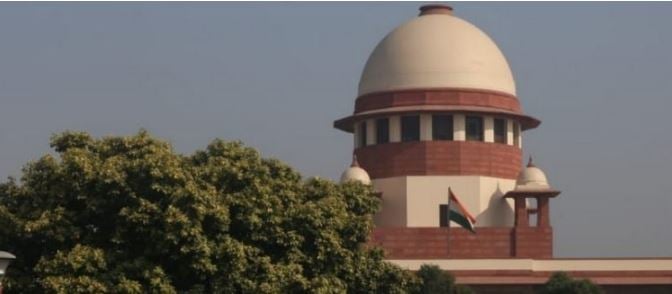The Supreme Court on Wednesday issued notice in an appeal against the NCLAT order which had held that entries in the balance sheet of the company do not constitute an acknowledgement of liability in terms of Section 18 of the Limitation Act, 1963. This is for the purpose of filing an application for initiation of the corporate insolvency resolution process (CIRP) under the Insolvency and Bankruptcy Code, 2016.
The bench comprising Justices R.F. Nariman, Hemant Gupta and B.R. Gavai was hearing an appeal filed by the Stressed Assets Stabilization Fund against the 5-bench NCLAT judgment, which had turned down reference by a three-member bench to reconsider the decision in V Padmakumar vs Stressed Assets Stabilization Fund & Anr.
The debt in question was incurred in March 2000, when Uthara Fashion Knitwear Limited (Corporate Debtor) availed a loan of Rs 600 lakh from the Industrial Development Bank of India (IDBI), the original lender. The loan was classified as a Non-Performing Asset (NPA) on May 29, 2002.
In 2003, IDBI filed an application for recovery under Section 19 of the Recovery of Debts and Bankruptcy, Insolvency Resolution and Bankruptcy of Individuals and Partnership Firms Act, 1993 (RDB Act), which was decreed on June 19, 2009, and a recovery certificate was issued on August 31, 2009. The debt was reflected in the Corporate Debtor’s balance sheet for the year ending March 31, 2012. The question before the bench was whether the application filed under Section 7 of the IBC (by the Respondent to whom the debt was assigned by IDBI) filed in 2019 was barred by limitation. The bench answered the question in the affirmative.
Placing reliance on the decision of the Supreme Court in Gaurav Hargovindbhai Dave v Asset Reconstruction Company (India) Limited and another (2019) 10 SCC 572 and V. Hotels Limited v Asset Reconstruction Company (India) Limited, the NCLAT had observed that for the purposes of computing the period of limitation for an application under Section 7 of the IBC, the right to sue occurs from the date of default. Accordingly, in this regard, the date of classification as an NPA is crucial.
Read Also: Delhi HC upholds trial court order convicting man of minor’s sexual assault


